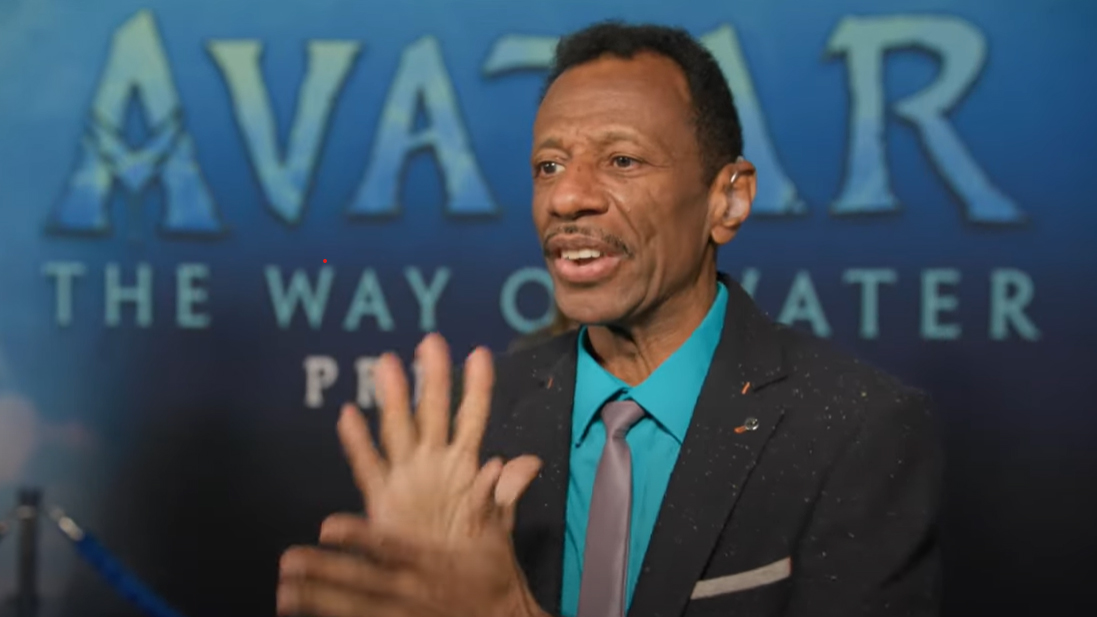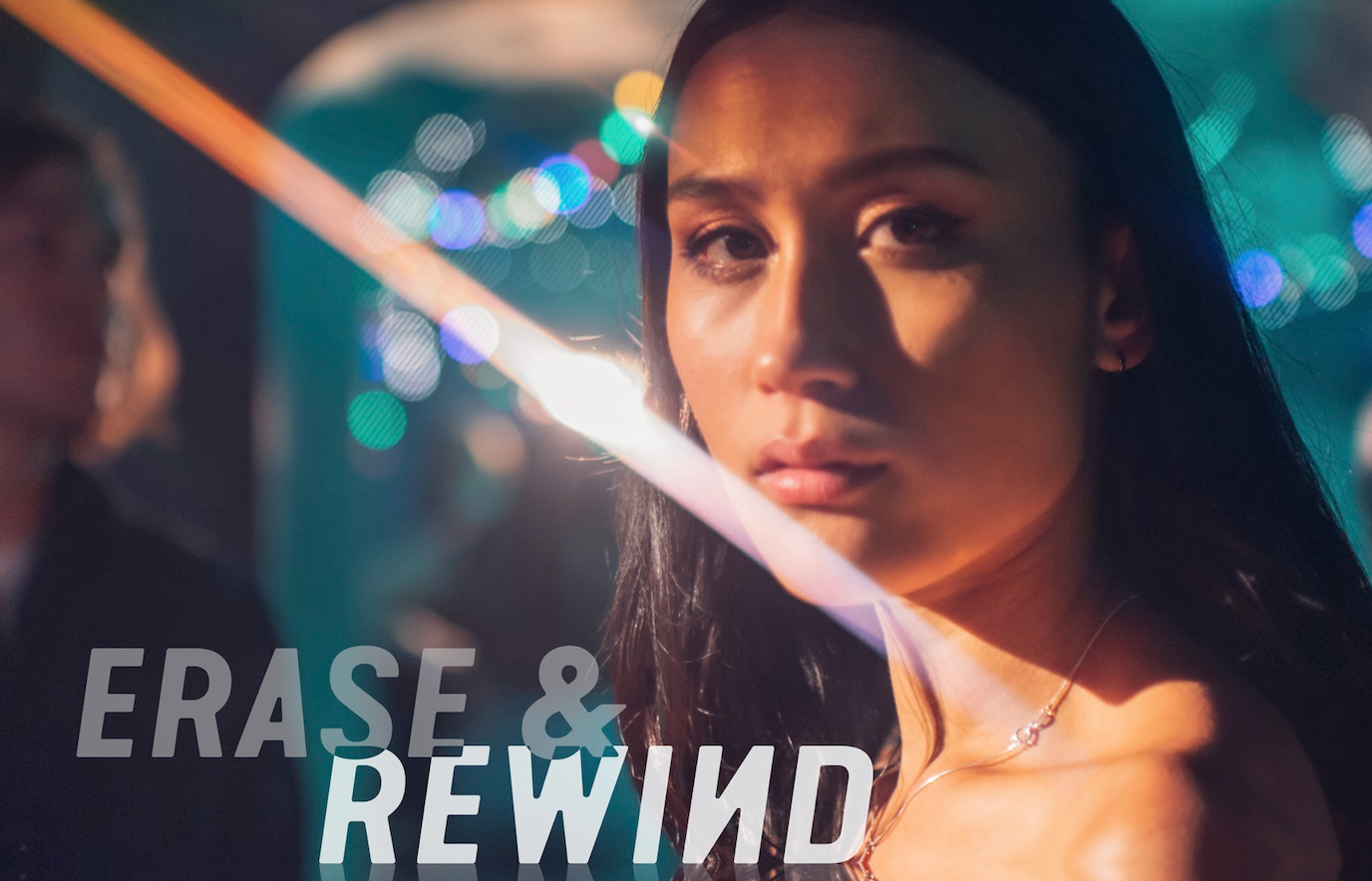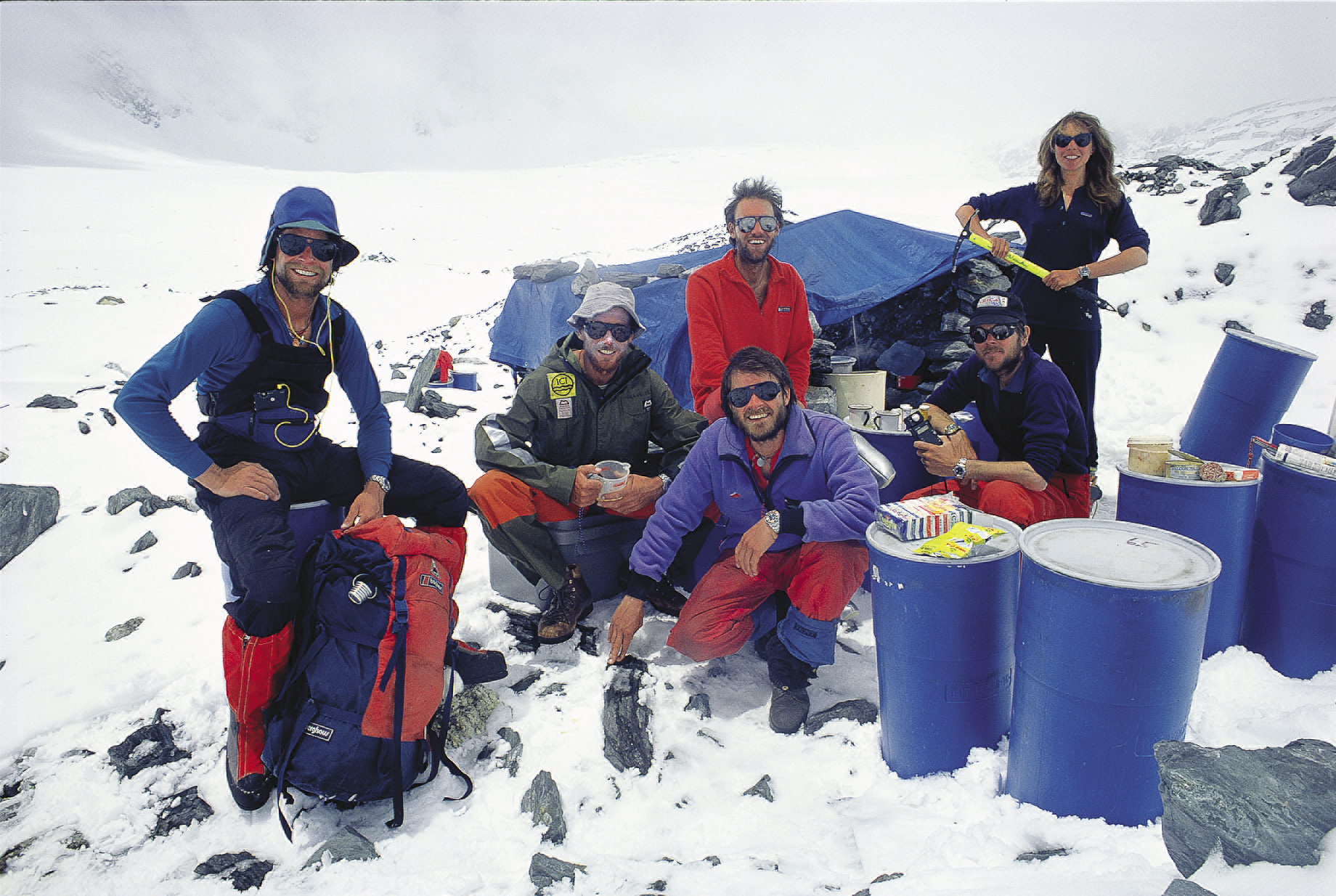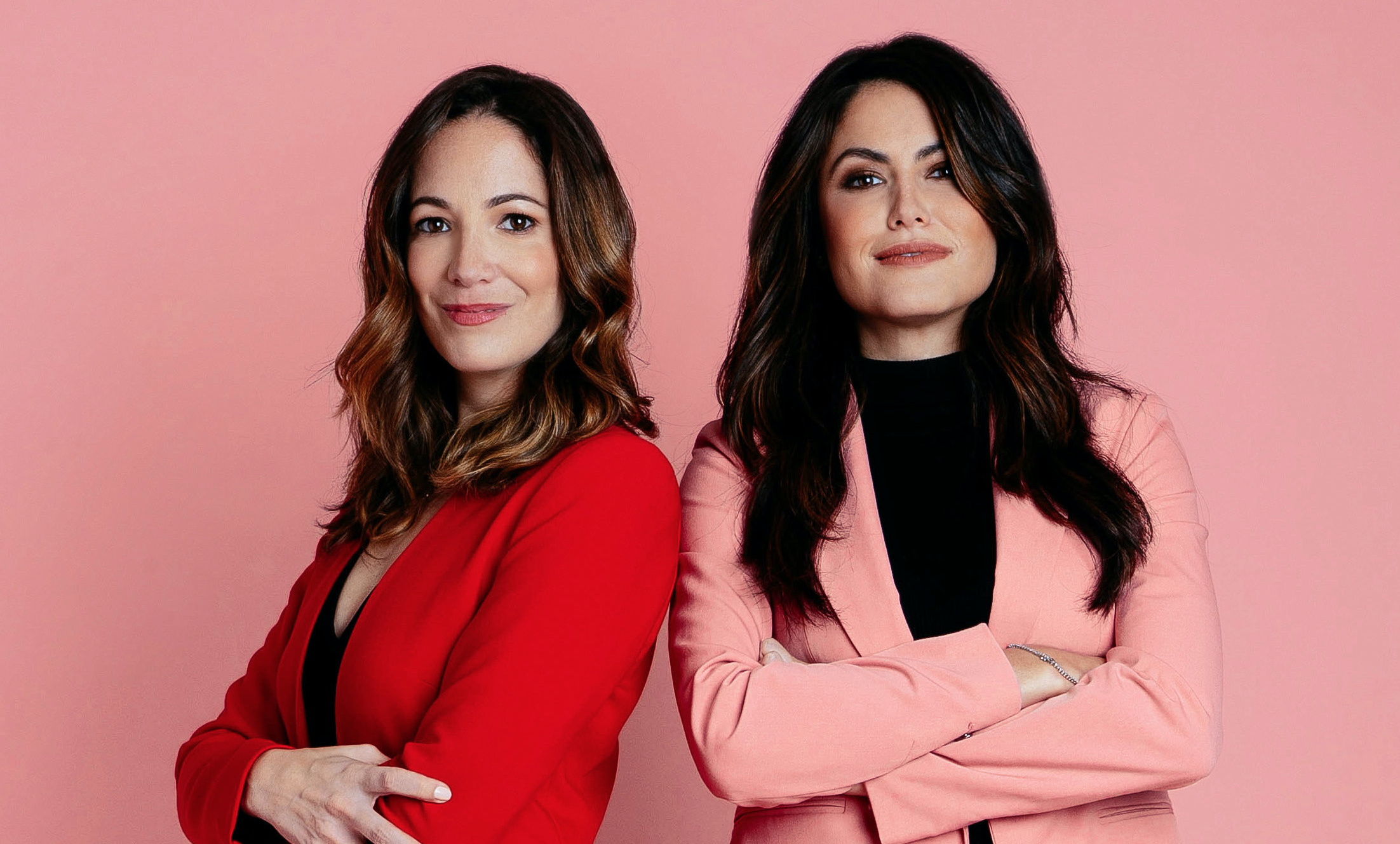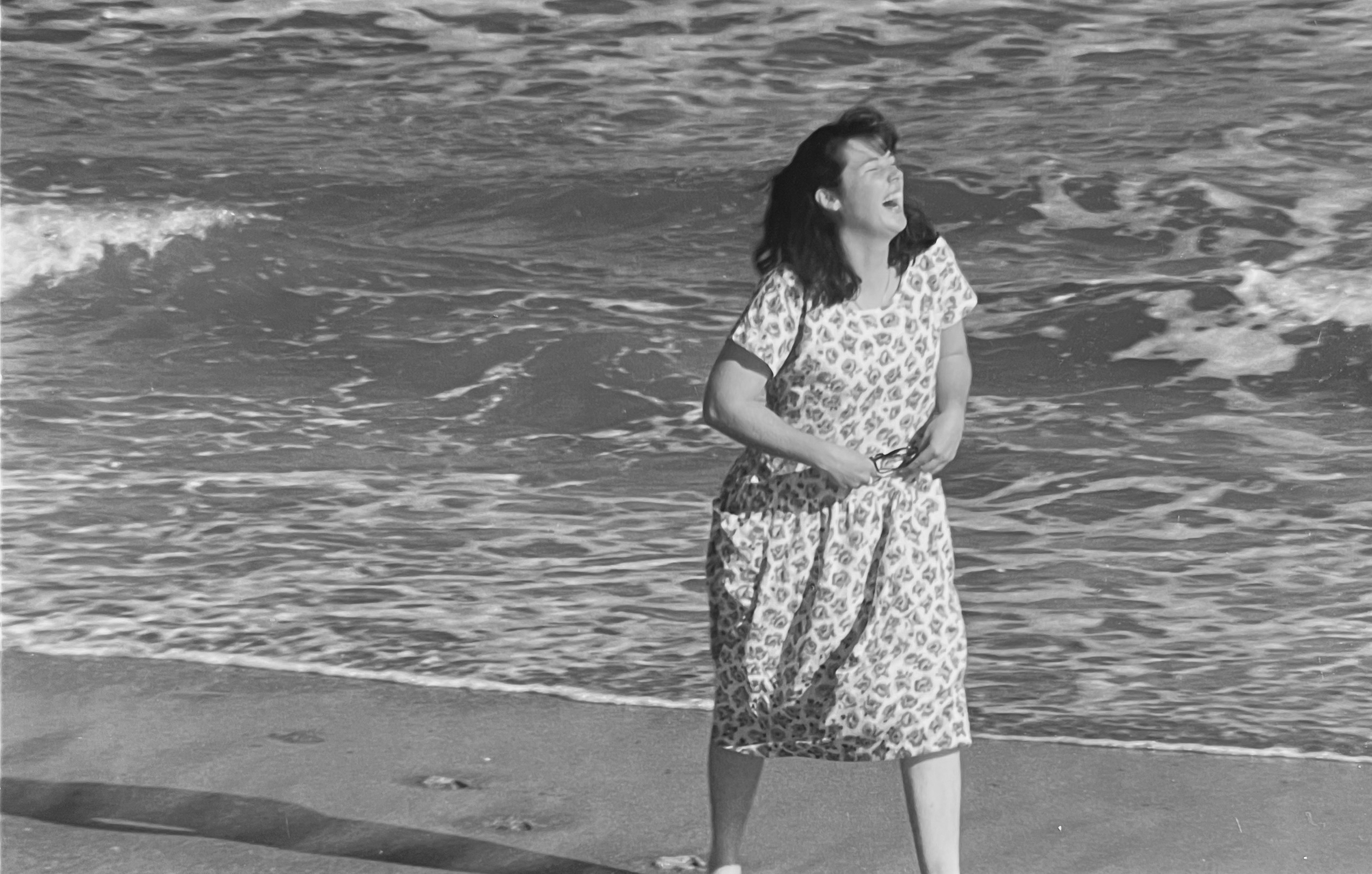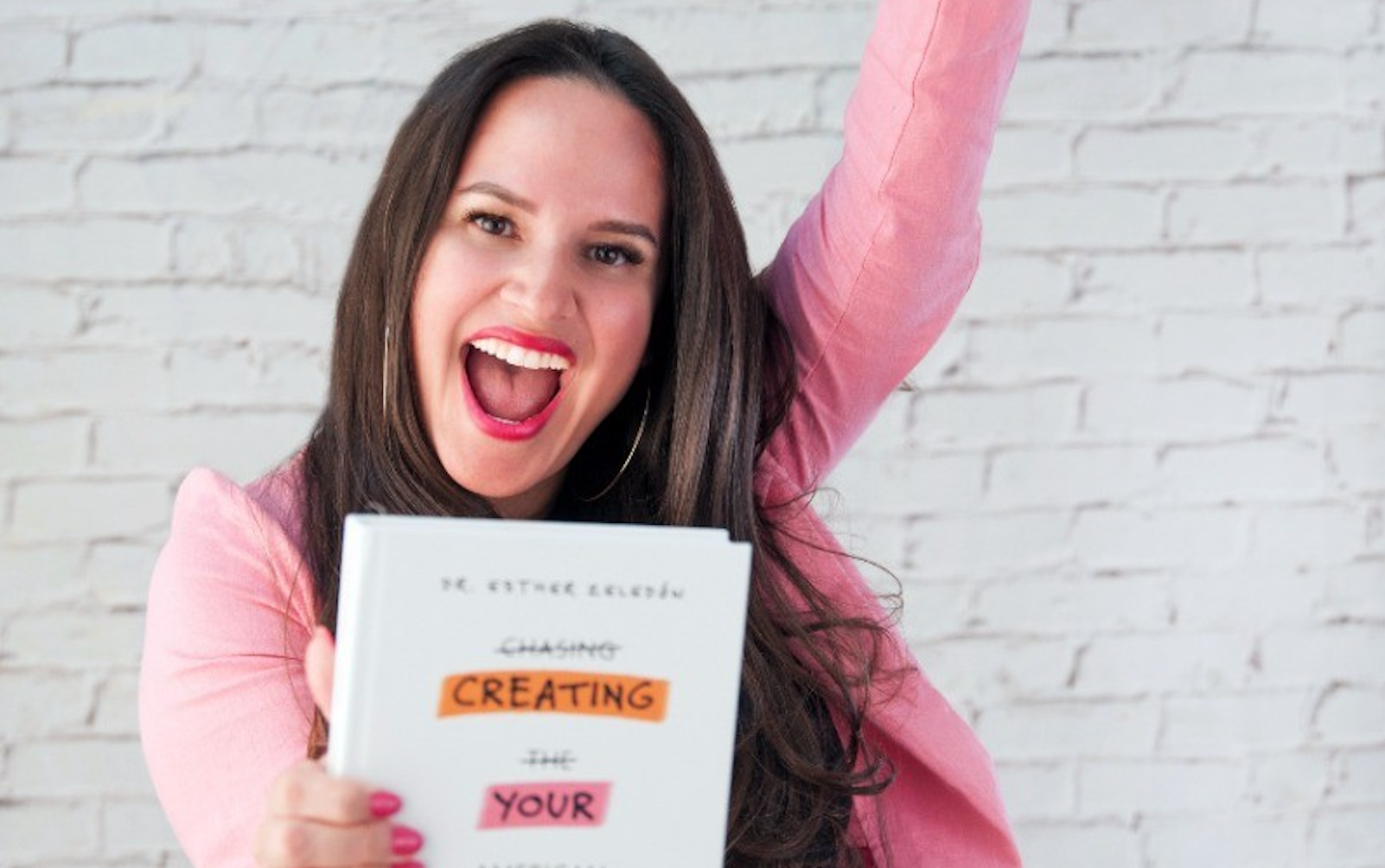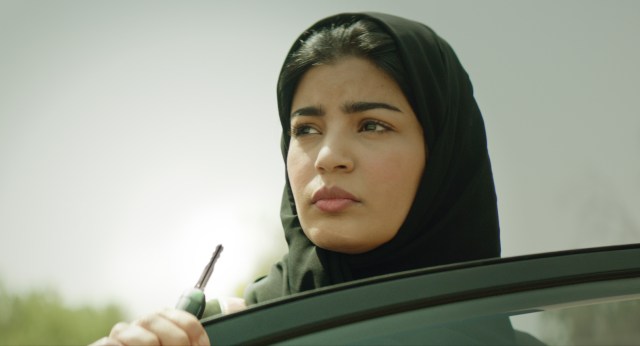
There has been much discussion about the changing roles of women in Saudi Arabia during recent years. From the women activists pushing for the right to drive and risking everything, women gaining the right to vote and the ability to run for office, and the challenge of antiquated guardianship laws, it is clear the eyes of the world are seeing what it looks like in real time for women in a very conservative regime to fight for basic rights and opportunities.
A new feature film from Saudi Arabia’s first female director Haifaa Al Mansour (‘WADJDA’ – the first feature film ever to be shot entirely inside the Kingdom of Saudi Arabia) takes on one of these recent changes, the right to vote and run for office, in her latest work ‘The Perfect Candidate’. The film follows Maryam (Mila Al Zahrani), a determined young doctor who runs for city council after the male incumbent repeatedly ignores her request to fix the muddy road leading to her clinic. Despite her father and her community’s struggle to accept her as their town’s first female candidate, Maryam’s creative and ambitious campaign builds momentum, becoming a symbol for a larger movement.
Haifaa, a trailblazer herself giving voice and visibility to the determination of Saudi women on the world stage with her films, says in a press statement how she wanted to show an optimistic view of the role women can play in Saudi society and the contributions they can make towards forging their own destinies.
Opening May 14 across the United States in selected cinemas, ‘The Perfect Candidate’ has been described as representing “a new era for women in the Muslim world and also one that will help push that movement forward” by Alonso Duralde at The Wrap.
In an interview, the director talks more about the process of making this film, the significance for women in the Muslim world, and what she hopes audiences will take away after watching.
What brought you back to Saudi Arabia to tell a new story touching on the empowerment of women?
There are incredible changes taking place right now at home in Saudi Arabia, and I felt like I really wanted to contribute to the positive changes taking place there. We went through such a long period of time where nothing changed, where it seemed like even the slightest openings or relaxations of the cultural restraints we lived under seemed impossible, especially when it came to the lives of women. But now the pace of change is so fast that it is hard to keep up with. Especially for women, it will take a huge shift in thinking to fully understand and embrace the freedoms they now have the chance to explore.
I really wanted to tell a story about a culturally conservative, traditional woman who decides to embrace these changes and go out there and seize the moment. The reality of her journey is that it will be difficult, and lots of people will be critical of her choices, but it will ultimately open up a whole new world for her. I want to stress to the women of Saudi Arabia how important it is to go out there and take a chance, even if you don’t have any experience in doing so. It is still hard for Saudi women to put themselves out there, and they are nervous about doing things they haven’t done before like driving, traveling or uncovering their faces.
I also wanted to take a moment to celebrate the strong artistic and cultural legacy of Saudi Arabia and tell a story that stresses how important it is that we build upon those traditions as the foundation for our society’s development. So much of our music, theater, stories, and all forms of artistic expression were nearly erased from our culture entirely, so I felt like we needed a story that reminded people of the strong artistic traditions we have, and how they can help us as we move forward into an exciting future.
Saudi Arabia has undergone significant changes since you directed WADJDA. How is your situation as a Saudi filmmaker different now from seven or eight years ago?
The changes are extraordinary for local filmmakers. It was incredibly difficult to make a film in 2011, and people were still very hesitant to embrace any public form of artistic expression. Film especially was seen as taboo, and the idea of opening theaters had become a red line that most of us thought would never be crossed. Of course now everything has changed, and we have cinemas going up all across the Kingdom. But the larger issue of a lack of infrastructure in the film industry remains. We don’t have many people with experience in the field yet. Getting the proper training and education necessary to help craft and shape our stories is another key area that we need to develop. But things are happening fast, and I think we will see a lot more Saudi films in the coming years.

In 2019, a royal decree lifted the requirement for women to obtain a guardian’s permission to travel internationally, the catalyst for your story. How important is this breakthrough?
All of the recent breakthroughs that have come for women in Saudi Arabia are important and represent huge, seismic shifts for the region. That is why I chose to start the film with the main character driving a car. It is something that would have seemed impossible even a year ago. Now it is up to women to accept these changes in their own lives and take the risks that come with trying something new. I hope more women will start driving, and working in mixed environments with men, or traveling, or just doing the things that make them happy.
Your main character Maryam’s profession as a doctor connects to other larger issues in the film. How common is it for men and women to interact closely together in the workplace?
There are a lot of professions that are seen as taboo by Saudi women, especially if the job requires women to come into contact with men outside of their family. Although there are women that would consider it improper, medicine is a profession that even a lot of generally conservative women would pursue because of the prestige associated with it. I wanted to create a character that is very much representative of the mainstream mentality of Saudi women.
She covers her face and follows the cultural norms of the society, but ends up pushing boundaries because she wants to do her job well. The restrictions that keep her from performing her work in the ways that would best benefit the society frustrate her and force her to think outside the box. She is not a rebel for the sake of rebellion – she is someone that knows that her work can make the country a better place and simply wants to remove the barriers that prevent her from accomplishing her mission.
How did you cast Maryam and her sisters? Has it become any easier to cast for female roles?
Casting was generally easier this time but it is still very much a challenge, especially in casting women. I had seen both Mila Al Zahrani’s and Dhay’s work before, so I was excited to audition both of them and see what they could bring to the roles. It was nice to talk with actresses who had some experience, in both traditional and social media – Dhay for example is a social media star and major influencer in Saudi Arabia. So both were actresses who brought the youth and energy I wanted to see in the roles.

In both WADJDA and THE PERFECT CANDIDATE we see how women exist in two starkly different worlds, private and public. Can you tell us more about this private world?
The private world of Saudi women is very unique, in that their public lives are so incredibly limited. In public our entire identities are hidden, and our movements and opportunities have always been constricted and controlled. But in private, at home or in women-only gatherings, the coverings are lifted and there is that feeling of freedom and relaxation from all of the pressures we carry outside.
The home is very much a sanctuary for women, and I always want to show the strong familial bonds that we have. Weddings, which are also gender segregated in the Kingdom, are another place where women can let loose and be themselves, so it is another setting that features prominently in the film. I want to show the world what Saudi women are like when the coverings come off, when we can just be ourselves.
What inspired Maryam’s father’s character and storyline? What role does music have in Saudi Arabia’s culture?
There is a strong parallel between Maryam’s journey to find her own voice and purpose and that of her father’s long journey in the arts. Our country is at a crossroads, and we now have the opportunity to participate in the changes that will shape our society going forward. Maryam has come to resent her parents’ careers in music because it was always a taboo in the culture. It made the whole family outsiders, and kept her from being accepted in the mainstream.
But what she doesn’t realize is that the defiance of her parents, to go after their dreams despite the disapproval of the local society, is exactly the same as her desire to carry out her job at the highest level. Her parents wanted to make the country better through art, and she wants to do it through medicine. I want Saudis to see the value of our almost-lost artistic traditions, and understand how crucial they will be as a foundation for our future.
What do you expect might be the most surprising element of the film for Western audiences?
Even with WADJDA, I heard from a lot of foreign audiences that were surprised by how strong and sassy Saudi women actually are. There is this perception that we are weak and shy and afraid of the world, and that we are just victims resigned to the limited, restrictive circumstances of our culture. It is so not true! Saudi women are so tough, feisty, funny and way more savvy than most people realize. I hope this film further captures the fire and bravery of women from my country. Telling their stories is the honor and privilege of my life.












